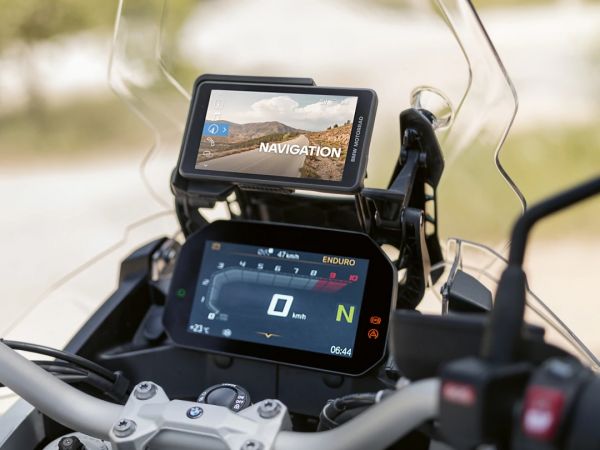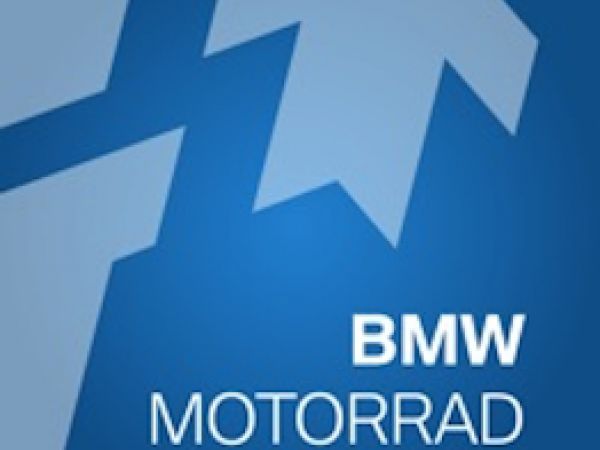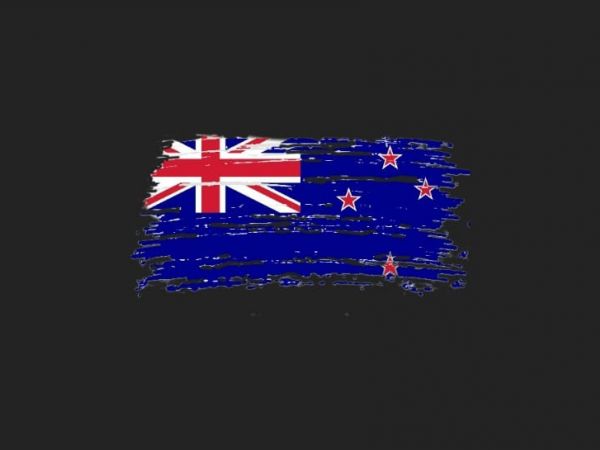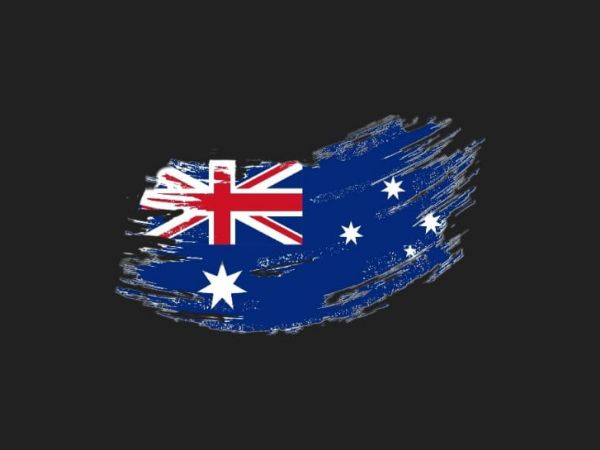Traffic regulations in Europe - France
Traffic regulations in Europe - France
Category: Traffic regulations in Europe
What should be considered on a motorcycle tour to or through France? What documents do you need to bring with you? MotoGS WorldTours and MotoGS Rental provide you with answers to your most important questions.
Errors and omissions excepted - all information without guarantee.
Speed limits:
In France, the speed limit for motorcycles is 130 km/h on motorways and 110 km/h in the rain. You can ride up to 110km/h on expressways and 90km/h on other roads. In urban areas, the speed limit is 50 km/h.
There are special speed limits for novice riders. Novice riders who have held their driving license for less than three years are allowed to ride at a maximum of 110 km/h on motorways, 100 km/h on expressways and at a maximum of 80 km/h on other non-urban roads. In urban areas, the speed limit is 50 km/h.
Important documents to carry with:
The registration certificate Part I (or vehicle registration document) must be carried with you.
An identity card for EU citizens is sufficient and must be carried, for non-EU citizens the passport must be carried.
The German motorcycle license plate number is sufficient as proof of valid motor vehicle liability insurance. Nevertheless, it is recommended to take the IVK - International Insurance Card (formerly Green Card including F) with you, as the IVK makes it easier to process claims.
The German driving license is sufficient. Otherwise, all other driving licenses from all EU countries are also valid in France. For non-EU motorcyclists, it is advisable to have an international driving license with you, but it is not an absolute requirement.
Rented motorcycle in France:
If you have rented a motorbike and want to enter France or rent a motorbike locally, you must be at least 18 years old.
Most rental companies require a minimum age of 21 years. A minimum age of 23 or even 25 is required for some motorcycle groups. Almost all charge a surcharge for riders under the age of 25 or 23.
In addition, riders who travel abroad in a vehicle that is not registered in their name must carry a user permit with them to be on the safe side.
This user permit can be downloaded from the following link.
Alcohol determination:
0.5 per mil (novice drivers in the first 3 years: 0.2 per mil).
Good to know:
A dashcam is allowed (if the recordings are used as evidence, other people involved in the accident must be informed about the recordings immediately after the accident).
Safety vest:
Motorcyclists must carry a CE-marked reflective safety vest and wear it in the event of a breakdown or accident. First aid bags are not compulsory for motorcyclists. However, recommended products to carry with are: motorcycle warning triangle, a first-aid kit and a warning light.
Gloves:
All motorcycle riders and passengers must wear CE certified gloves. This affects all road users who are traveling by motorcycle.
Helmets are compulsory with special rule:
It goes without saying that helmets are compulsory for the rider and passenger. The motorcycle helmets must comply with either the French standard NF S72-305 or ECE regulation No. 22.04 or 22.05 and be provided with additional reflective stickers/markings. This regulation also applies to foreign road users.
If there are no reflective stickers on the helmet, the helmet is considered unapproved. Significant fines may be due or the vehicle may even be temporarily immobilized. For a number of years, the French police have been instructed to pay particular attention to compliance with this law.
The law makes the following statement:
1. A helmet is considered approved/homologated in France if it carries an ECE label according to French (NF) or European (E) standards.
2. Reflective stickers are affixed on all sides (4 pieces) (these stickers are only made mandatory in France by legislation).
French regulations and a 4 point summary:
A very clear law defines the properties of the reflective elements of an approved motorcycle helmet.
1. There must be 4 retro-reflective stickers, 1 on each side of the helmet: front (chin piece or forehead), back, right and left.
2. The surface of each element must be at least 18 cm². Example: a 4.3 cm square (4.3 x 4.3 = 18.5 cm²).
3. Each 18cm² element must be capable of gluing a 4cm diameter circle OR a 12.50cm² rectangle and a minimum width of 2cm with a fully reflective surface. Example: A rectangle 2 cm wide and 9 cm long.
4. The stickers must not be torn or folded and they must not affect the mechanical behavior of the helmet.
Alcohol test kit:
The obligation to carry an alcohol test kit in every motor vehicle (with the exception of mopeds), introduced on July 1, 2012, continues to apply. With Decree No. 2013-180, which came into force on March 1, 2013, the provision of the French Road Traffic Act was amended to the effect that, although an alcohol test kit (with French NF certification) must still be carried, failure to carry it is not punished with a fine . The one-way alcohol tests are available in France in pharmacies or at motorway service stations.
Daytime running lights:
Recommend is taking a set of spare light bulbs with you, as these ensure a quick replacement in the event of a failure. If you drive without adequate lighting, you may be fined. Excluded are vehicles equipped with LED headlights.
Motorcycles must also be ridden with headlights on during the day.
Weaving past traffic:
Weaving past traffic jams is allowed in some regions, but beware - this unwritten law is not a free pass and does not apply throughout France.
Environmental badge:
An environmental badge (also for motorcycles) is an absolute must. The Crit'Air environmental badge can be ordered online for foreign vehicles and paid for by credit card. It can be obtained from the official website of the French Ministry of Environment. The delivery time by post is a maximum of 10 days. You will receive a confirmation email on the day of your order, and a digital invoice with a copy of the sticker within 24 hours. This copy serves as a record of the vehicle's classification until receipt of the sticker. But beware: Commercial companies offer ordering options on the Internet at significantly higher prices.
Tolls:
Tired of tolls on motorways, tunnels and bridges. Of course, as in almost all of Europe, there is (almost) a toll to be paid in France, and this also applies to motorcycles. Since we are compiling information for motorcycling here and actually do not use motorways or other toll routes in this regard, we do not want to go into detail about the toll.
Emergency:
The emergency numbers in France are 112 and 15.
As of 06/24/2023

TAGS
permit for border crossing french ministry of the environment crit'air environmental badgeShare Your Thoughts
Share your experiences, questions, or suggestions!
Comments from Fellow Riders
Nobody has commented yet – your thoughts?
Blog categories
Moto Tours

* Balkan-Italy Adventure Tour
Approx. 2340 miles!
14 riding days through 5 countries!
15 overnight stays + 2 overnight stays on a ferry!

* Balkan-Carpathians-Albanian Alps Tour 2
Approx. 3138 miles!
21 riding days through 7 countries!
27 overnight stays!

* Balkan-Romania Adventure Tour
Approx. 2220 miles!
11 riding days through 5 countries!
12 overnight stays!

* Balkan-Carpathians-Albanian Alps Tour 1
Approx. 2520 miles!
15 riding days through 7 countries!
18 overnight stays!

* Croatia-Italy-France Adventure Tour
Approx. 1990 miles!
15 riding days through 4 countries!
17 overnight stays + 1 overnight stay on a ferry!

* Croatia-Sicily-Amalfi Coast Tour
Approx. 2730 miles!
18 riding days through 3 countries + Sicily!
21 overnight stays + 1 overnight stay on a ferry!

* New Zealand Adventure Tour
Approx. 4133 miles!
20 riding days through the South and North Island!
24 overnight stays + 1 overnight stay on a cruise!

Croatia - Route des Grandes Alpes, July 2025
2 Americans - 1 boy and 1 girl, 1 motorcycle - a BMW R1250GS, one motorcycle tour and one goal ...

Balkans - Romania Tour, June 2025
At the end of June 2025, the time had finally come. Between June 23 and June 25, all participants in this tour gradually arrived in Trogir.

Balkans - Italy Tour, May 2025
Together we covered about 3700 km, crossing the Adriatic twice, from Durrës to Bari and from Ancona to Split.

Money protection in the event of insolvency
Money Protection Certificate according to § 651r and § 651w of the Civil Code of the Federal Republic of Germany ...

Packing list for a motorcycle tour
Pack your things and get going...

Travel planning and navigation
The next vacation is just around the corner, hopefully, and you've decided to finally ...

Riding a motorcycle in a group or alone?
Riding a motorcycle in a group or riding alone? Are you worried about safety, contact with other people ...

The International Driving Permit
Understanding the International Driving Permit (IDP). A Key to Smooth Overseas Riding for ...

BMW Motorcycle ConnectedRide Navigator
The new BMW Motorcycle ConnectedRide Navigator ...

BMW-ConnectedRide Cradle and Connected App
Riders of new BMW models have several options for using information and entertainment ...

Traffic regulations in Oceania - New Zealand
What should be considered on a motorcycle tour through New Zealand?

Traffic regulations in Oceania - Australia
What should be considered on a motorcycle tour through Australia?

